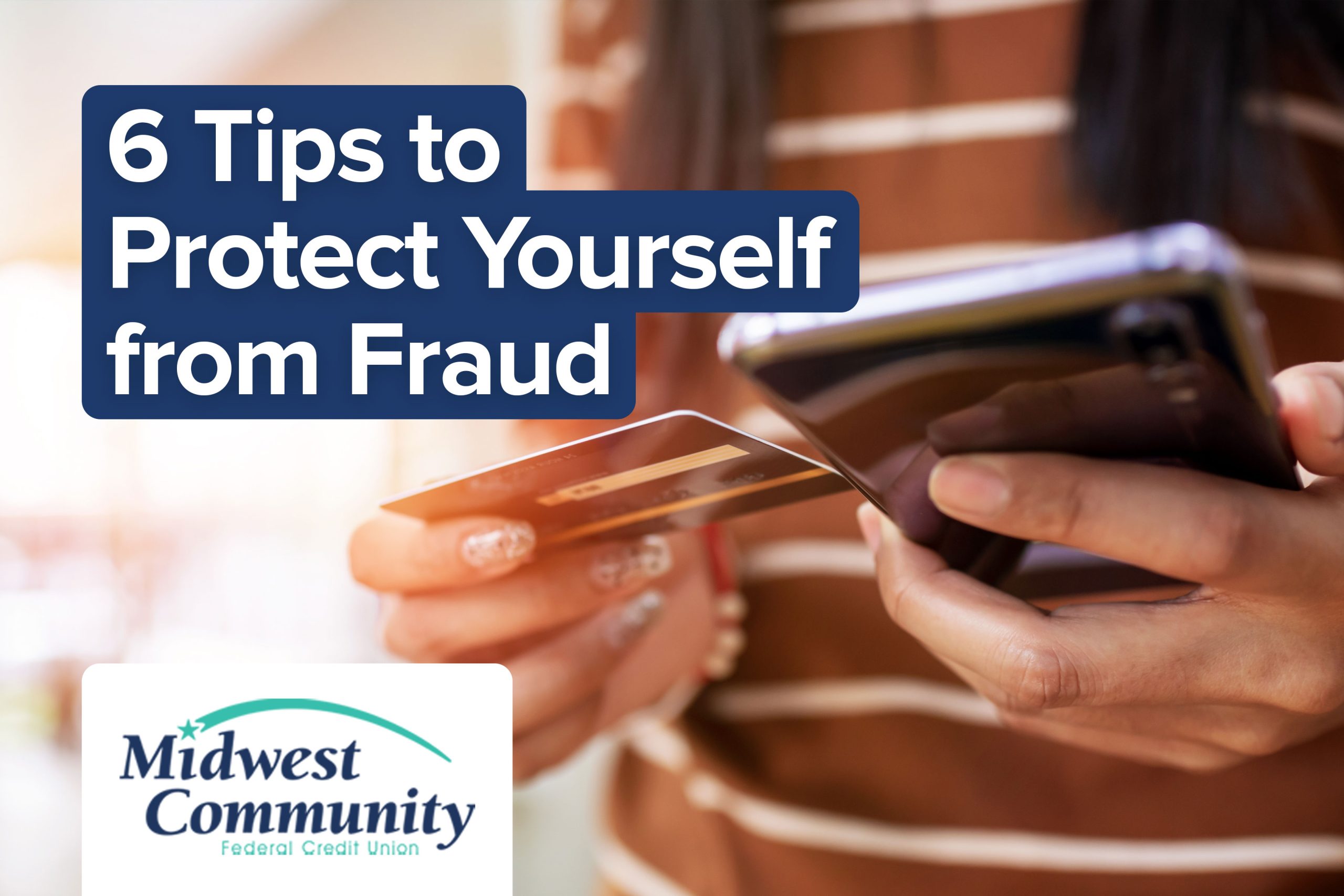Fraud continues to be a major issue, wreaking havoc on the lives of many Americans. While everyone is at risk and there’s no foolproof way to eliminate it, learning how to safeguard yourself against fraud can go a long way in lowering your risk.
According to recent reports from the Internal Revenue Service, thousands of fraudulent domains tied to multiple texting scams have been reported. Known as “smishing,” these fraudulent text messages appear to be from a consumer’s financial institution and try to trick them into revealing their account number or other personally identifiable information.
Some smishing scams may ask users to click a link to access their accounts. The sense of urgency, misspelling and need for specific financial information should all be red flags. The scammers pretend that they already know sensitive information about you, and the text may even be spoofed to display the website or phone number of the organization the scammer claims to represent.
Credit unions exist to improve their members’ lives, which includes educating and protecting members from fraud. All Ohioans are eligible to join and enjoy the benefits of credit union membership. Learn more about joining Midwest Community FCU today.
Tips to protect yourself from fraud
Ohio credit unions are committed to providing you with the tools and education to safeguard against fraud and can assist regulators and law enforcement address scams. Consider these valuable tips from Advancing Communities to protect yourself as much as possible.
- Stay alert – Even under the most watchful eye, identity theft can still happen. Stay vigilant with your personal data and report anything that feels off. Early detection is essential for correcting a problem.
- Immediately report abuse – Regularly monitor your account for suspicious activity. Promptly contact local law enforcement and your credit union if you suspect that you have been a victim of fraud.
- Empower a close friend or family member – Allow someone you trust to monitor your account for things that don’t look right without giving that person access to your funds.
- Ask about “convenience” or “agency” accounts – These accounts are set up so that your money is used for your benefit, but they allow a relative or friend to assist with writing checks, paying bills and other account business. Make sure you select someone trustworthy to be your helper.
- Create a power of attorney or other advance plan – Plan ahead by giving a trusted person the legal authority to make financial decisions for you if you cannot. Make sure you have a record of who can manage your money if you become unable to do so.
- Reach out to a credit union – Many credit unions have resources on how you can protect yourself and your loved ones from financial scams and exploitation.














